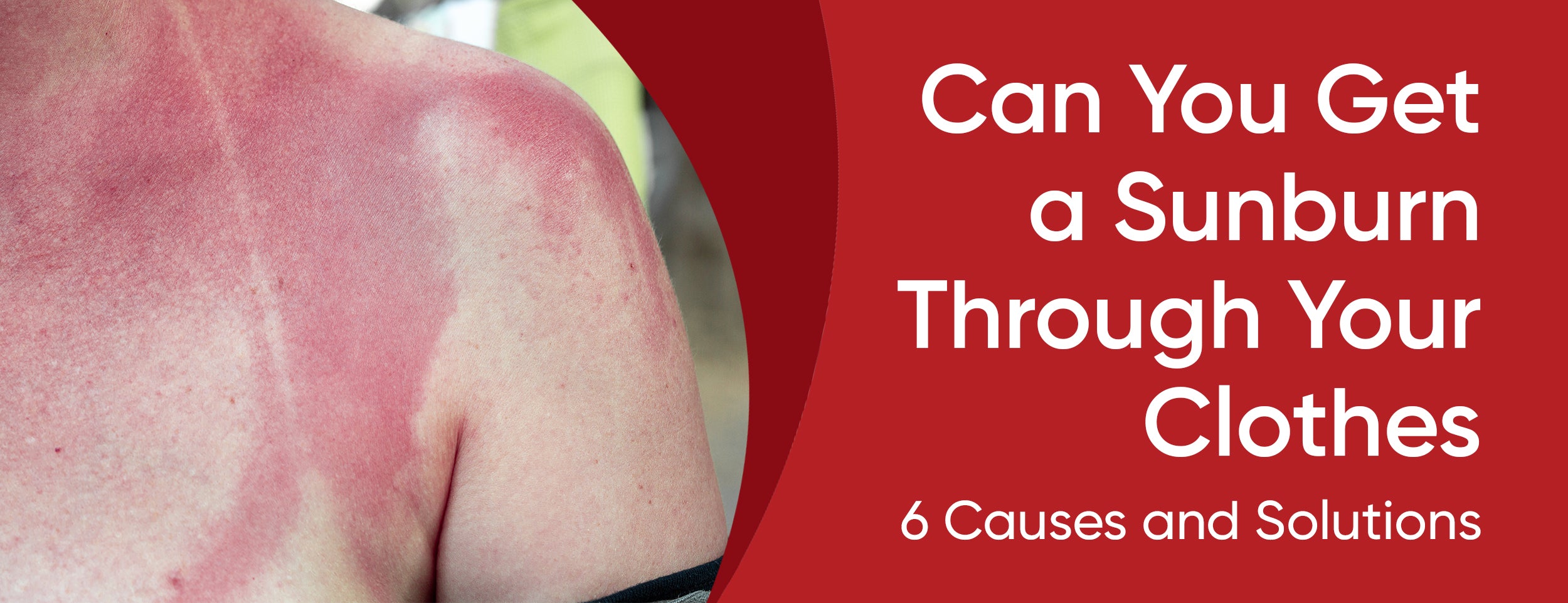Sunburn inflammation can disrupt sleep, hindering healing and causing pain. Rash and discomfort can also result. Severe sunburns, especially on the back, make finding comfort at night challenging. Swollen, hot-to-the-touch skin and itching are common. Severe burns may cause headaches, fever, nausea, and chills, further complicating sleep.
Sunburn causes a mild burning sensation, followed by redness and sensitivity. The peak of these symptoms usually occurs around 24 hours after sunburn. The onset of pain is typically delayed, taking about 6 hours to appear.
Pain and discomfort arise at night when you crave peaceful sleep. During the night, when lying down, moving, applying pressure, or rubbing, this hurt becomes more intense because of the body's heat and friction in the bed.
In this blog post, we'll explore why sunburns hurt more at night with its biological and environmental reasons. And tips for relieving sunburn at night.
Why Does Sunburn Hurt More at Night: 2 Reasons to Consider

UV (ultraviolet) radiation from the sun, tanning lamps, or artificial sources causes sunburn, a common skin injury. Sunburn pain can be affected by several factors, including the time of day. Our focus will be on why sunburns are worse at night.
Biological Reasons
The human skin's cells, tissues, and organs protect the body from external insults like heat, cold, moisture, and microbes. After exposure to UV rays, the skin triggers a series of physiological responses to repair and prevent further damage. Sunburn can also cause inflammation, swelling, and pain.
Some of the biological factors that contribute to sunburn pain at night are:
- Circadian Rhythm: The human body has an internal clock that regulates sleep-wake cycles and other physiological functions. Circadian rhythm influences the expression of genes, hormones, and proteins related to immune response, inflammation, and pain perception. Some of these molecules, such as interleukin-1 beta (IL-1β) and tumor necrosis factor-alpha (TNF-α), are more active at night, amplifying sunburn pain signals.
- Melatonin: A compound produced by the pineal gland in the brain, which regulates sleep-wake cycles and the immune system. As an anti-inflammatory and analgesic, melatonin reduces the pain and redness of sunburn. Sunburn pain may be more severe if you use electronic devices at night and stay awake.
- Heat Retention: Sunburned skin can keep heat for several hours after exposure, especially at night if you have worn tight clothes or used hot water on the affected area. This heat can further damage the skin cells and exacerbate the pain.

Sunburn triggers natural responses within the body that contribute to the pain. Some of these factors include:
- Lack of Distraction: During the day, you might overlook the full extent of your sunburn because you're busy working errands or enjoying outdoor activities. The pain and discomfort may become more apparent at night when you're lying still and focused on trying to sleep.
- Blood Flow Changes: The skin's blood vessels dilate as part of a natural healing response to the sunburn. This increased blood flow can contribute to pain and discomfort.
- Nerve Stimulation: Sunburn damages the nerve endings in the skin, causing them to send pain signals to the brain.
- Changes in Position: As we sleep, we move around more, shifting positions and putting pressure on different parts of our bodies. This movement can cause additional pain and discomfort in sunburned areas.
Environmental Reasons

It is also possible for environmental factors to be responsible for nighttime sunburn pain. For example, a lack of distractions at night may make it harder to focus on anything other than the discomfort of the burn. Warmth from the bed may aggravate the burn, while skin dryness can increase sensitivity.
Apart from the biological factors, some environmental factors can affect the intensity of sunburn pain at night. These factors include:
- Humidity: High humidity can make the skin feel sticky and itchy, especially if you sweat or have oozing blisters from sunburn. Humidity can also slow down the evaporation of sweat, which is the natural way the body cools down. If you live in a humid climate or use a humidifier in your bedroom, you may feel more uncomfortable at night.
- Bedding Materials: Some bedding materials, like polyester, trap heat and moisture, which can worsen sunburn pain. Rough or scratchy fabrics can irritate the already sensitive skin and cause more inflammation and itching.
- Room Temperature: Sleep experts recommend a room temperature of 60-67 degrees Fahrenheit (15-20 degrees Celsius). The temperature you prefer, your health condition, and your clothing may affect it. You may have sunburn pain if you sleep in a room that is too hot or cold. Adjusting your bedroom's temperature, ventilation, and humidity levels is essential to ensure a comfortable and favorable sleep environment.
It's also important to consider the environment when you have sunburn pain, especially at night. Some of these factors include:

- Lack of Sunlight: The sun releases endorphins, a natural pain reliever. Without exposure to sunlight, the body may not produce enough of these pain-relieving chemicals.
- Sweating: Excessive sweating at night can exacerbate sunburn pain. Sweating makes the skin moist, making it more sensitive to touch. Sheets and bedding that adhere to the skin may irritate sunburned areas.
Sunburn Relief at Night: 7 Tips and Tricks
Sunburns can be painful, especially at night. While we sleep, our body's repair mechanisms, including our skin, heal sunburned cells. Soothe the discomfort of sunburns at night by preparing your environment.
4 Preparing For Your Night Environment

- Keep the Room Cool: Sunburned skin can feel hot and sensitive, so reducing inflammation and easing discomfort can be accomplished by keeping your bedroom temperature comfortable.
- Wear Loose-Fitting Clothing: Wear loose-fitting clothes made of cotton or linen that are soft and breathable to avoid irritating sensitive skin.
- Use Soft, Clean Sheets: It is harmful for sunburned skin to be covered in rough or dirty sheets as they can irritate it. Choose soft, clean linens to avoid any potential irritation, and consider changing your bedding more frequently than usual.
- Avoid Scratching or Touching Sunburned Areas: Scratching or touching sunburned areas may cause further irritation and infection. Before sleeping, read, watch TV, or listen to calming music to distract yourself from the discomfort.
3 Tips for Sleeping with Sunburn Relief at Night
Besides preparing your night environment, you can take the following steps to relieve sunburn pain at night:
- Apply Cold Compresses: Compresses can help cool the skin and reduce inflammation, providing much-needed relief from sunburn. Swelling and inflammation can be reduced with cold compresses. For a cold compress, wrap some ice cubes around a towel and apply it to the affected area for 10-15 minutes. Always cover the compress in a towel to avoid direct contact with your skin, which could further damage it. Repeat as necessary.
- Use Moisturizers to Reduce Dryness: Sunburned skin becomes dry and flaky, making it more uncomfortable. To combat this, use a gentle moisturizer designed explicitly for sunburned skin. Look for aloe vera and vitamin E, which can help soothe and hydrate your skin.
- Elevate Sunburned Areas: Elevating sunburned areas, such as the legs or feet, can help reduce inflammation and promote healing. Use a pillow or cushion to prop up the affected area, improving blood flow and reducing pain.

Conclusion
The pain of sunburn, especially at night, can be overwhelming. Understanding the factors contributing to the discomfort can help you avoid it and sleep better at night.
An excellent nighttime environment and good sunburn care will help you heal, reduce pain, and return to feeling like your best self by promoting healing, reducing pain, and getting a better night's sleep. Keep these tips in mind next time you're nursing a sunburn, and don't let nighttime pain keep you awake.

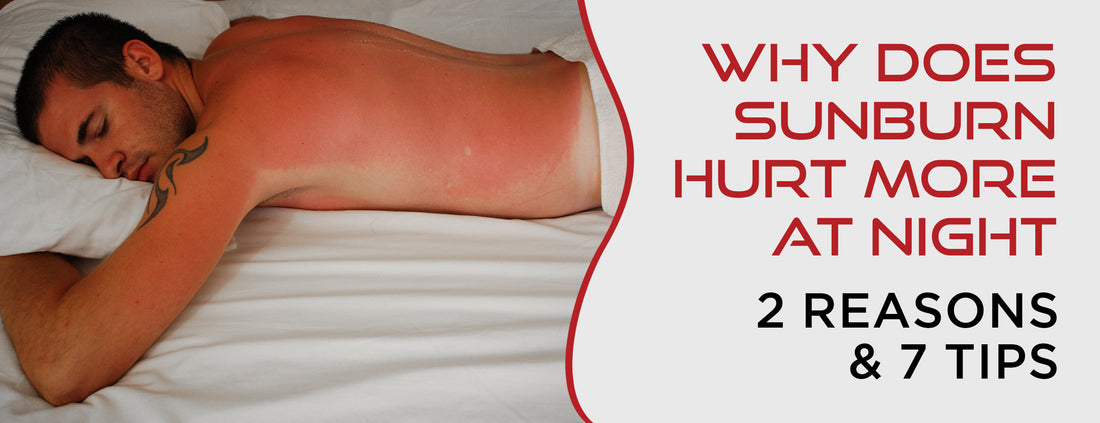

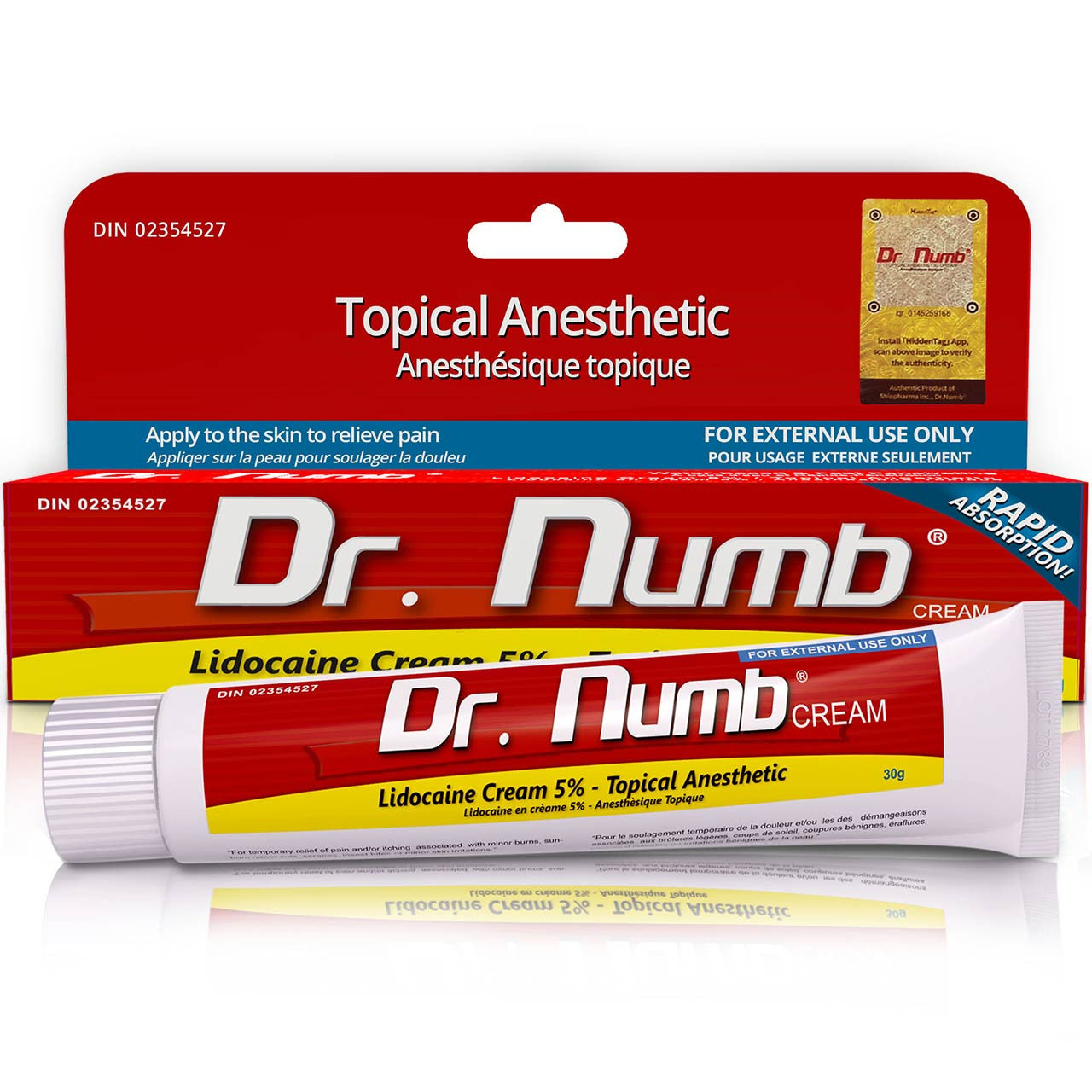



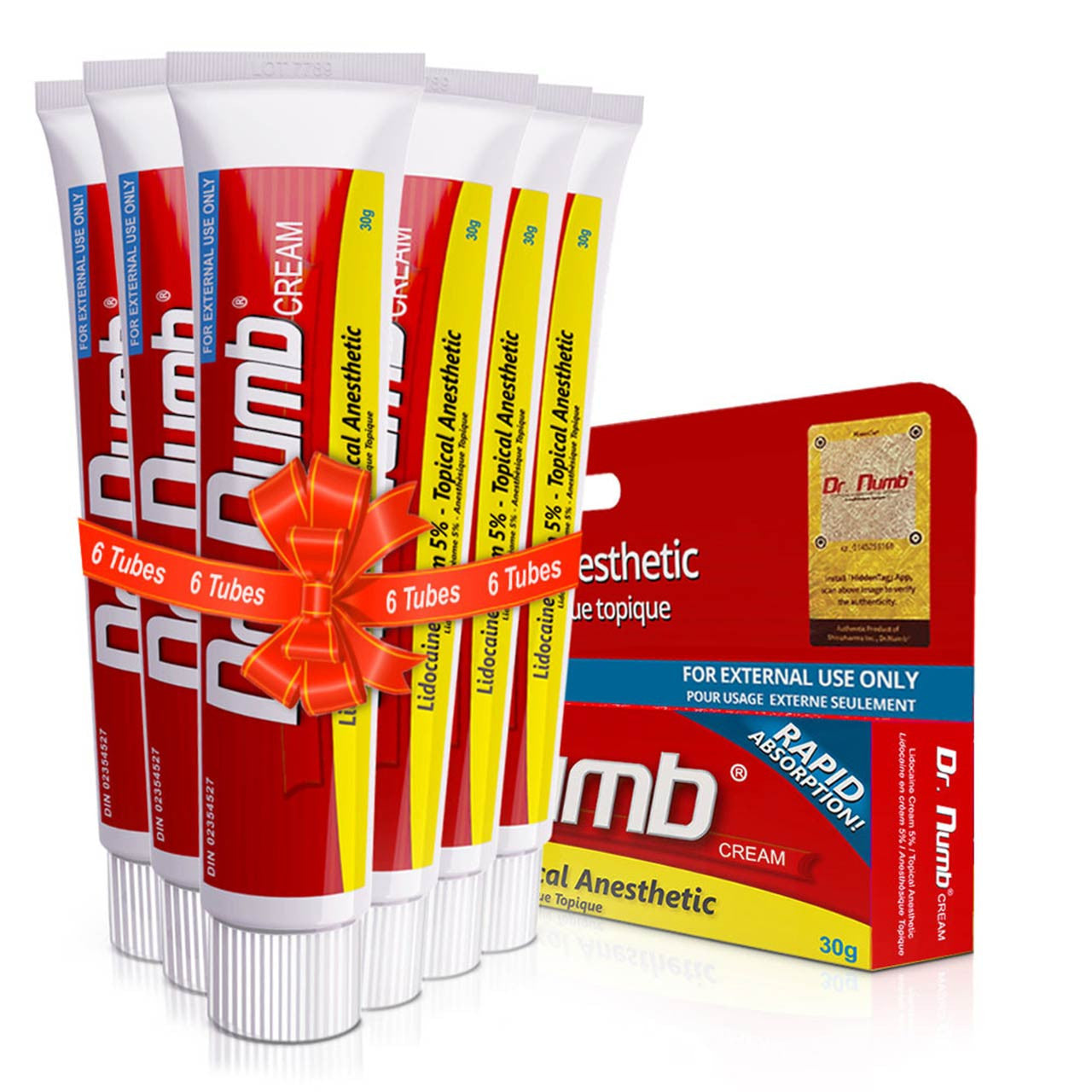
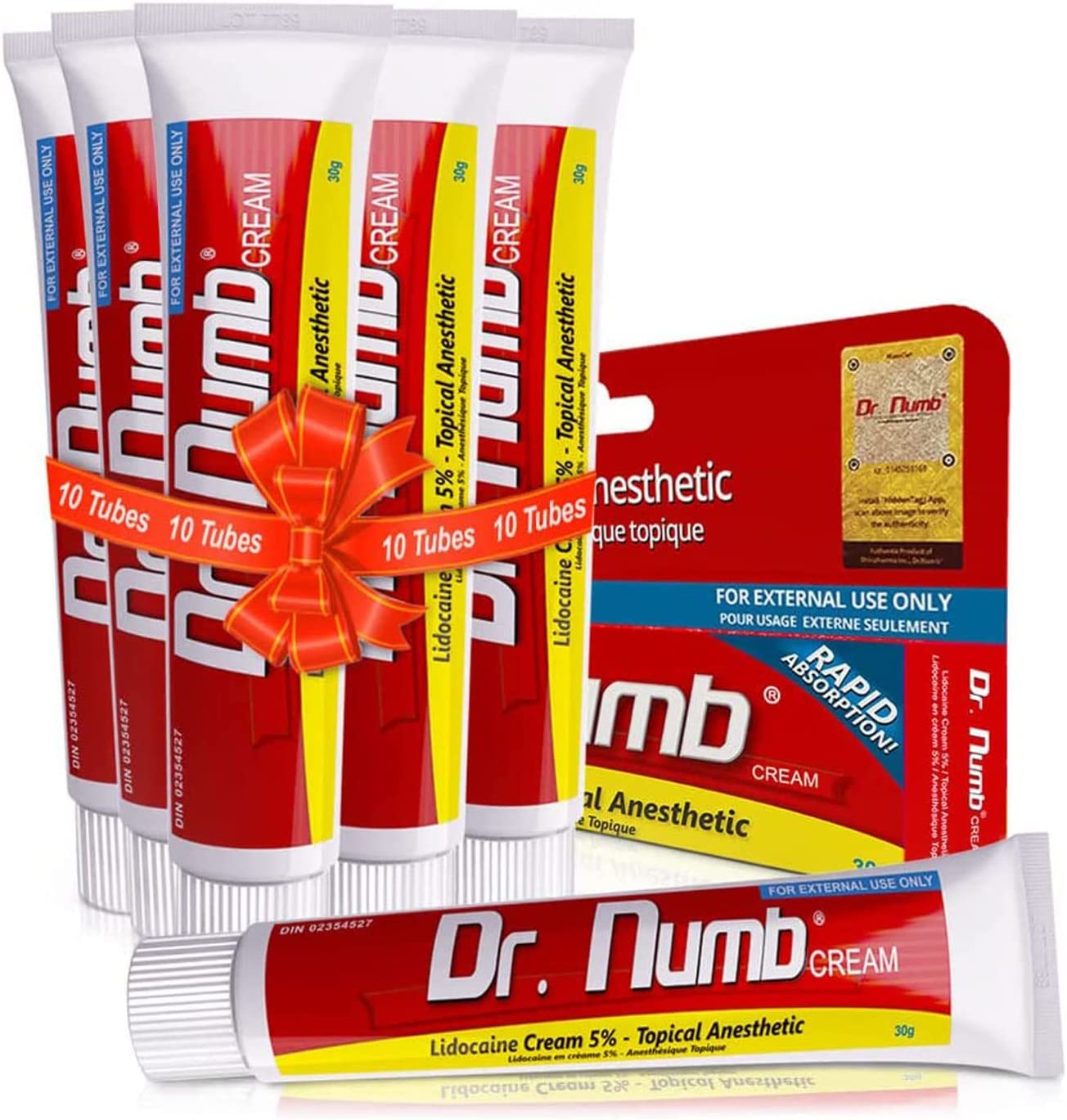
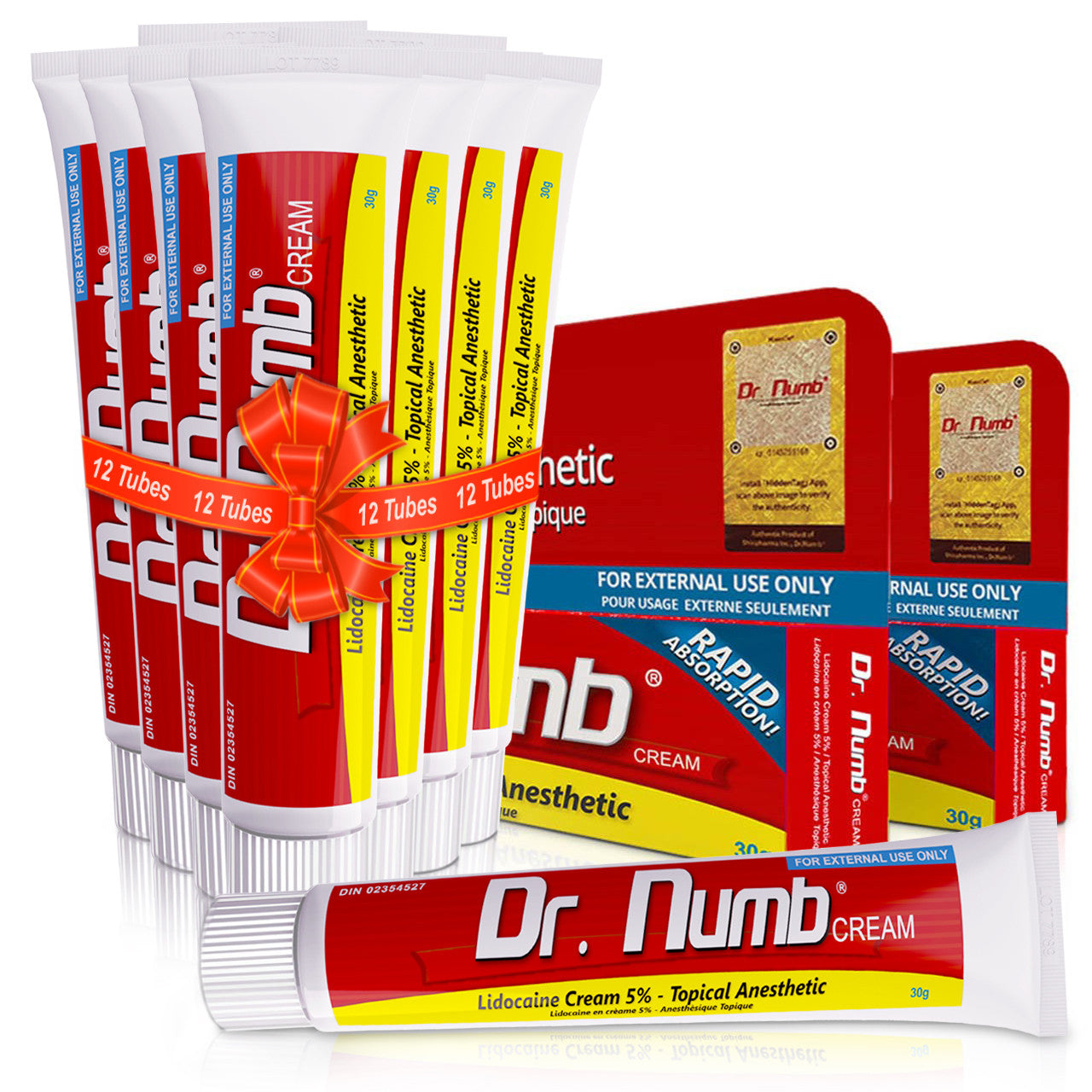



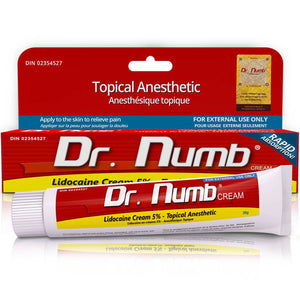


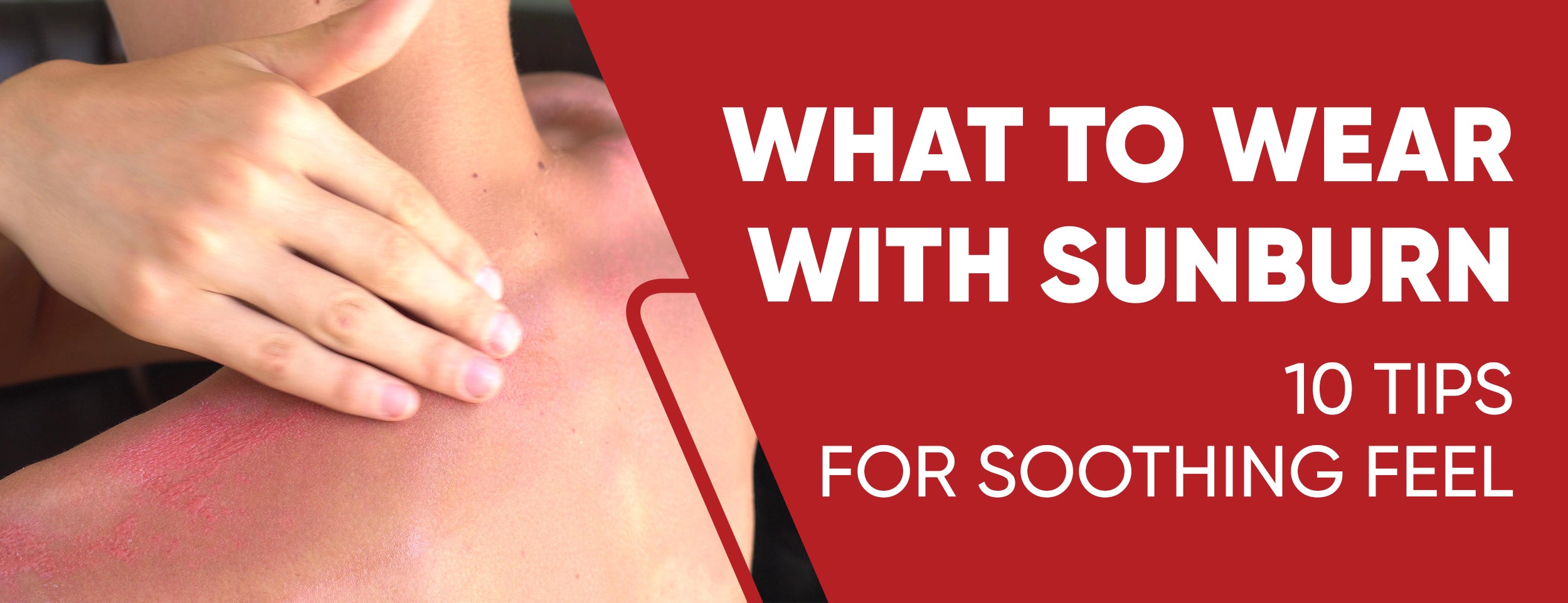
![How to Cover Sunburn With Makeup: 15 Ideas [Easy Solutions]](http://drnumb.ca/cdn/shop/articles/How_to_Cover_Sunburn_With_Makeup__15_Ideas_Easy_Solutions.jpg?v=1705581434)
